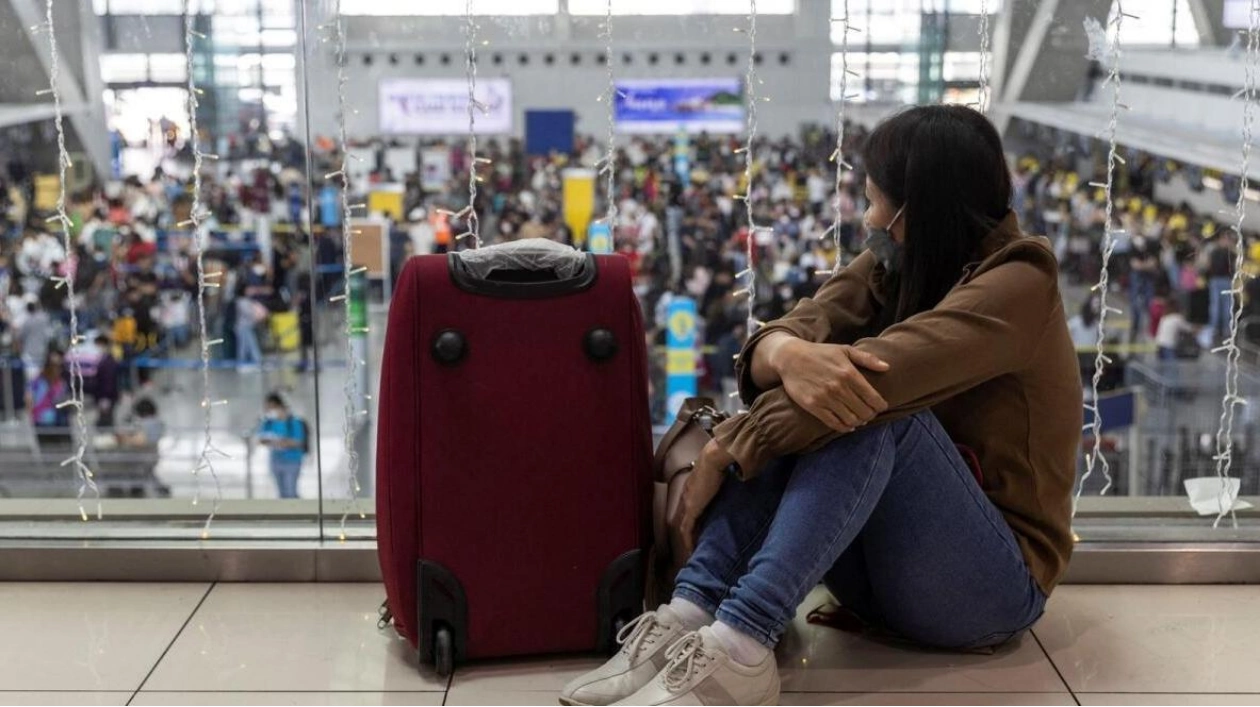A Filipino traveler bound for the UAE was recently prevented from boarding her flight because immigration officials discovered she had presented a fraudulent overseas employment certificate (OEC).
The Bureau of Immigration (BI) of the Philippines issued a warning against obtaining travel documents from social media platforms and messaging apps in its latest advisory.
The 49-year-old woman, known as 'Valerie', claimed that she was previously employed in the UAE and was in the process of being redeployed. However, she was halted at the immigration counter in Clark International Airport when she attempted to board an Emirates flight and presented a fake OEC.
An OEC serves as a verification of Filipino expats’ employment legitimacy. While it is not mandatory for travel to the Philippines, expats need to furnish this document to travel back to the UAE or any other country where they are employed.
Upon questioning, Valerie admitted to immigration officers that she had purchased the OEC via WhatsApp for Php7,200 (Dh450).
Norman Tansingco, commissioner of the Philippines' Bureau of Immigration, denounced the act as a scam, advising aspiring overseas Filipino workers (OFWs) to avoid purchasing permits online and to use legal channels for their departure.
According to Tansingco, immigration officers can promptly verify the authenticity of OECs due to a data-sharing agreement with the Department of Migrant Workers. He also highlighted that the sale of fake documents for the illegal departure of workers is a punishable offense.
In a separate case, another woman attempted to travel and work in Kuwait using a forged OEC obtained from a Facebook page for Php500.






